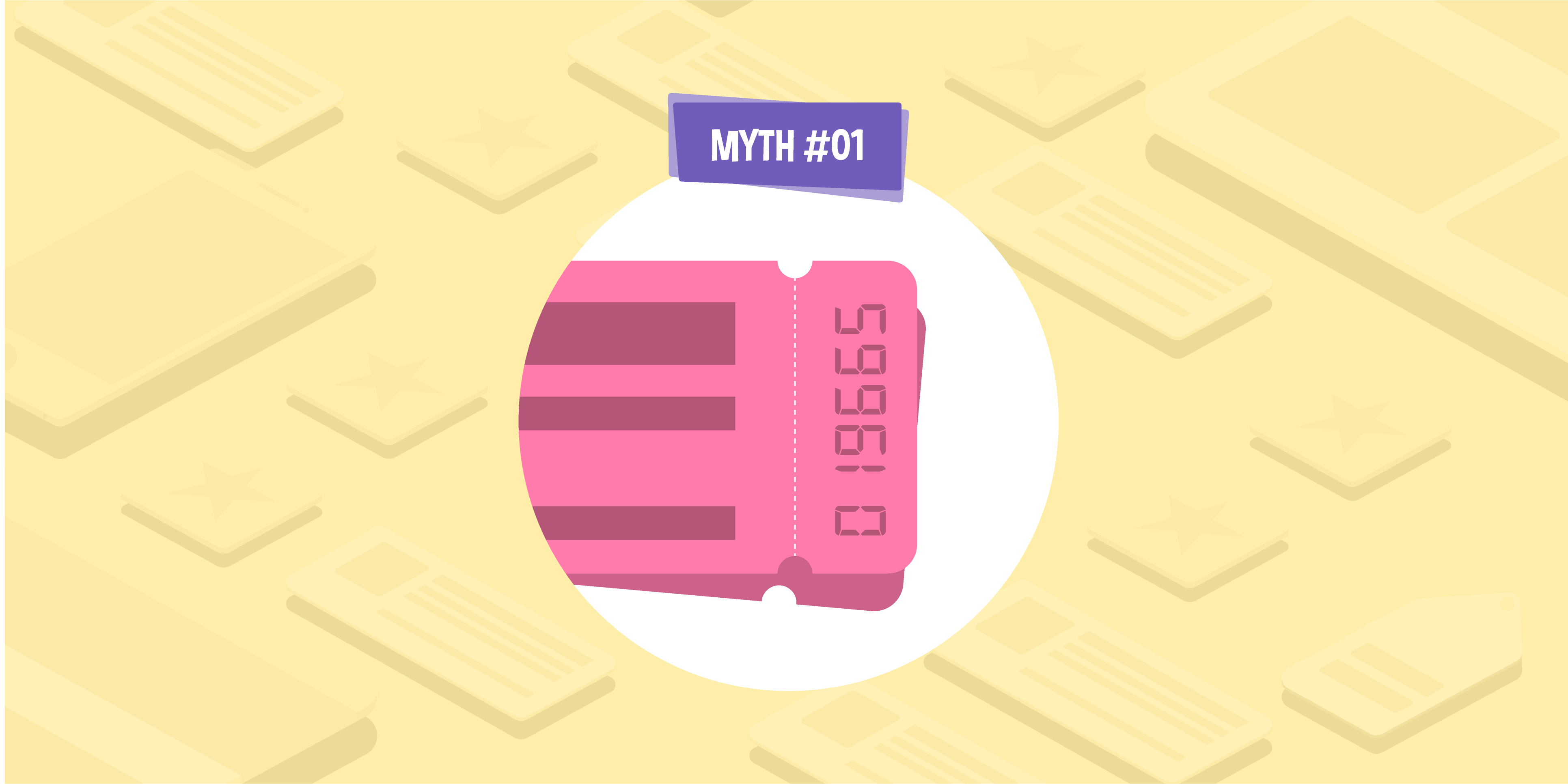
- 30 Oct 2020
- 6 Min read
5 ways consumer shopping habits have changed during the coronavirus pandemic
The coronavirus pandemic has had a massive effect on many aspects of our lives. As a business owner, it’s likely you’re particularly interested in how it’s affected shopping behaviours. While certain companies saw a complete drop off in custom earlier this year, others saw their sales boom. Some businesses decided to pivot so they could better serve people while they were spending most of their time at home, and others have just started to recover after seeing all their customers disappear overnight back in March and April.
All of these shifts are to do with changes in customers’ behaviours, and it’s possible we’ll see a lot of these changes stick around for the long haul. In fact, according to The Big Ask report from O2 Business and Retail Economics, 44% of consumers believe the pandemic will have a permanent effect on the way they shop. We’ve already talked about how digital marketing will be affected by the coronavirus, but we also need to look at changes in consumer behaviour so we can ensure we’re always delivering what they need. Here are the shifts in shopping behaviour that you need to be aware of and cater to.
People will continue to shop online
Even before the pandemic hit, online shopping was the number-one choice for a lot of people and was becoming increasingly popular. Thanks to the fact that we’ve all been encouraged to stay home and avoid busy shops over the last few months, the COVID-19 crisis has accelerated this in a huge way.
In March 2020, during the early stages of the UK’s lockdown, data from Bazaarvoice Network showed a 21% increase in online orders when compared to the same month of 2019. For the month of April, there was a 96% year-on-year increase in online orders.
Of course, as lockdown restrictions have eased and a lot of shops have been able to reopen their doors, people will begin to rely on online shopping less. However, many have discovered the convenience of having anything you need delivered to your door and formed new habits. As a result, it’s a good idea to ensure your online store is set up, optimised, and designed to offer a positive user experience.
Customers are leaving more reviews and asking more questions
The same research from Bazaarvoice Network also found that there’s been a significant increase in people leaving online reviews and asking retailers questions over the last few months. In April, online reviews had increased by 32% year-on-year and question submissions were up by 54%.
This could be for a number of reasons. Firstly, as many shops have had to close their doors for an extended period over the last few months, and most places have had to put measures in place to reduce the risk of people touching and contaminating products, it’s become a lot harder for people to browse and check items out for themselves. Plus, people have more time on their hands, which might be why they’re putting the time and effort into writing more reviews. Additionally, with more shopping being done online, customers will be receiving more follow-up emails asking for reviews, which might give them the nudge they need.
Because more reviews are being left and more questions are being asked, businesses need to be putting more time and effort into keeping on top of things. So, could you devote half an hour each day to taking a look at reviews, replying to questions, and tweaking the way your business works if you receive any helpful feedback?
Shoppers are prioritising value for money
The COVID-19 pandemic has been a shock to the system for a lot of us, because a lot changed in a short period of time. And it’s likely the effects will have an impact on our spending for a long time. While many of us might have been happy to spend quite frivolously in the past, we now know how precarious our incomes can be, which means people might be cutting their spending and trying to save more instead.
As a result, many retailers have found that customers are mostly spending on essentials and trading down to less expensive products, as value for money is now of the utmost importance (McKinsey & Company). So, it’s wise that retailers keep in mind that the public, on the whole, probably won’t be looking to splash out on luxuries for a while. Essentials and lower-ticket items are likely to attract more interest.
Brand loyalty has weakened
Some shoppers have certain brands they go to for particular products. Perhaps they’ve always done their weekly shop at ASDA or bought their pyjamas from Primark. However, during the coronavirus pandemic:
- some retailers have run out of stock due to supply chain disruption,
- companies that only had bricks-and-mortar stores were forced to close for an extended period of time, and
- people haven’t wanted to travel as far to visit some of the businesses they know and love.
As a result, some people have had to look for new retailers they can rely on.
This means smaller businesses who have typically struggled to measure up against larger brands have had the chance to attract some of their custom. For example, corner shops have seen more visits from people who would usually go to bigger and busier supermarkets (YouGov), while companies that specialise in essentials like toilet paper, flour, and recipe kits have seen a surge in interest as more established companies have struggled to keep up with the demand.
As the crisis continues and eventually comes to an end, it’s likely people will be more open to spending money with companies they’ve never shopped with before in order to get the items they need. So, if you’ve always felt like you’re up against the loyalty that people have for bigger brands, this could be great news for your business. Plus, it’s means now is a great time for you to look for ways you can build loyalty with brand new customers of your own.
Consumers have become more mindful of who they shop with
Consumers have become a lot more mindful about what they buy and which businesses they spend with over the last few months, and this could be a trend that continues. For example, it’s become increasingly apparent that small businesses have been the hardest hit by the coronavirus pandemic — 234,000 SMEs have already ceased trading as a direct consequence of the crisis, and 17% of small businesses have said they don’t think they would survive another lockdown (eConsultancy). People who want to help small businesses survive, and who have also had their brand loyalty rocked by the effects of COVID-19, are therefore choosing to spend their money with smaller businesses.
At the beginning of the pandemic, some customers also took issues with the fact that certain companies seemed to be mistreating their staff as they decided how to cut costs and ensure they were still making profits. The likes of Topshop, Wetherspoons, and Sports Direct received a lot of backlash for laying staff off or refusing to pay them, for example. This is something a lot of people will remember, and it’s likely to influence their shopping decisions going forward. It’s also something business owners should keep in mind when deciding how to approach any problems going forward.
Consumer behaviours have seen a huge shift over the last few months, and it’s incredibly important that companies adapt accordingly if they want to survive and thrive throughout the pandemic and beyond. These are just some of the main ways in which people have changed the ways they shop over the last few months, and it’s vital that you keep these in mind when planning your strategies going forward.

